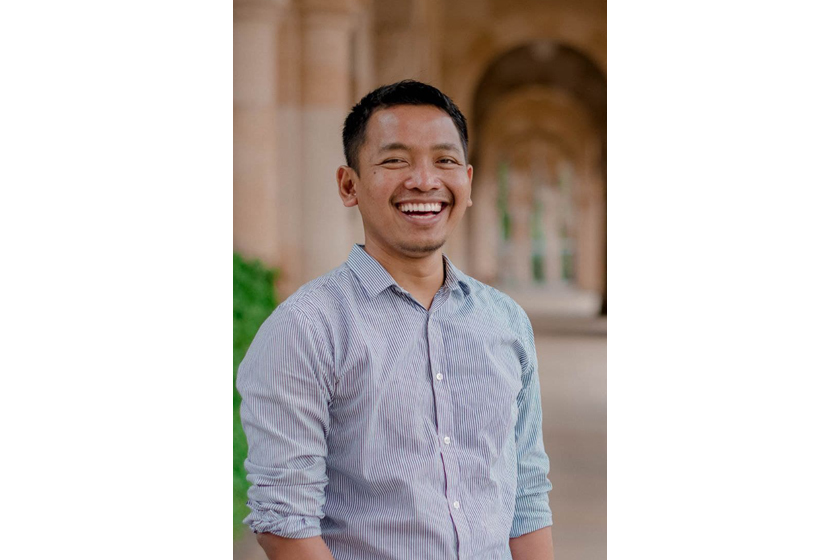11 February 2025
Join our Australian Alumni Grant Info Session!
Are you an Australian alumnus or Australia Awards in Indonesia scholar who want to strengthen your A... Read more
The Australia Awards are prestigious, transformational scholarships and short courses offered to emerging leaders for study, research and professional development in Australia

28 May 2021
 JT AID (Job Training and Assistance for Indonesians with Disabilities)
JT AID (Job Training and Assistance for Indonesians with Disabilities)
Project leader: Mr. Muhammad Syaikh Rohman
Level of education and university: Master, The University Of Queensland
Collaborating Organisations: Lembaga Pemberdayaan Tunanetra (LPT) and SMA LB-A Yayasan Pendidikan Anak Buta (YPAB), Individual advocate for low vision community (on progress)
Project Location: Jawa Timur
Activity Type: Training, workshop or seminar
Sector: Activity Type
Project Rationale:
In 2018, more than three million Indonesians of working age were living with disabilities, and half of them had sensory disabilities (i.e. low vision, blindness, deafness and hard of hearing) (Hastuti et al. 2020). Aiming for improved welfare of people with disabilities (PwD), the Government of Indonesia (GoI) has ratified the United Nations’ Convention on the Rights of Persons with Disabilities (CRPD) and created the national constitution of PwD, namely Undang-Undang No. 8/2016 tentang Penyandang Disabilitas (Saputra et al. 2020). However, the implementation of this regulation is still disappointing as shown by low attention to PwD in the national inclusive development.
The poor inclusiveness for PwD in national development has been reflected in poor welfare and access to formal education, compared to people without disabilities (Pw/oD). Most PwD work in the informal sector, either household businesses or as household workers, and predominantly in agriculture, retail and personal services (Cameron and Suarez, 2017). This reflects their limited income and economic opportunities. Furthermore, the labour force participation rate (LFPR) of PwD in 2018 was also lower than Pw/oD. The LFPR of PwD was around 30% while the LFPR of Pw/oD almost reached 70% (Hastuti et al. 2020).
East Java is no exception. This province is home to 15% PwD, and has the second-highest number of PwD in Indonesia (Hastuti et al. 2020). The national government has regulated that for every 100 workers employed by a company, at least one should be a PwD (Saputra et al. 2020), but this standard has not been reached yet by companies in East Java, particularly Surabaya. Thus, this project is proposed to provide both soft and hard skills for high school students with sensory disabilities, as well as the working-age population with sensory disabilities who have no access to formal education in Surabaya, help them to get a job and achieve better welfare through the right link and match strategy.
Project Beneficiaries:
Priority Development Area:
An inclusive society through effective governance
Link with Australian organisation:
Individual advocate for low vision community
Share this project on:
 Related Project Profiles
Related Project Profiles
This website uses cookies to improve your website experience. We may also use cookies to analyse website data so that we can improve our online services. To find out more visit our privacy policy.
